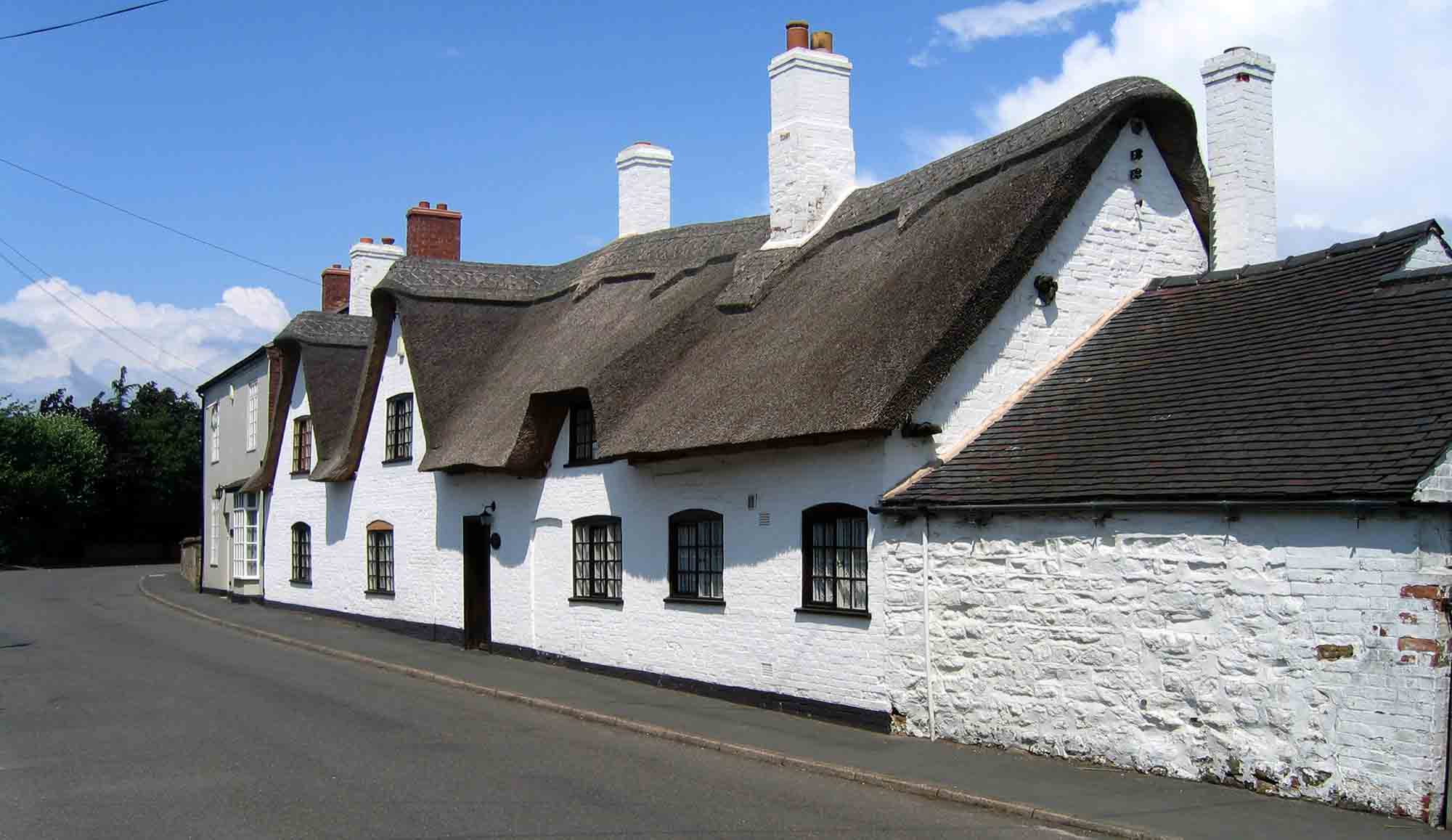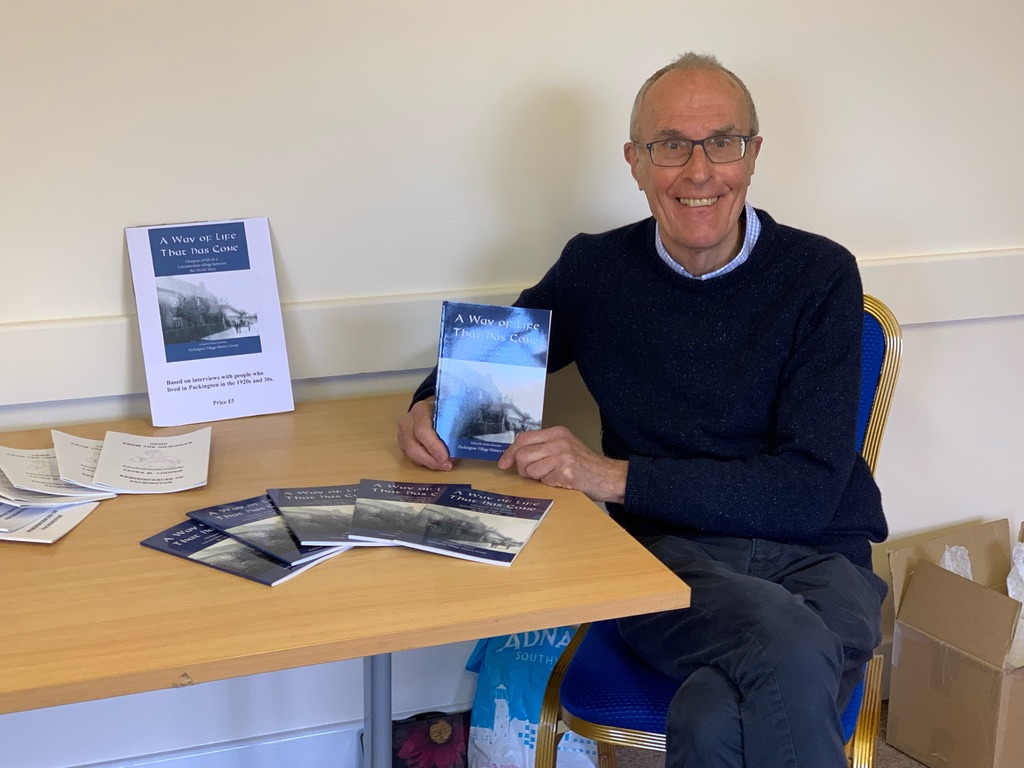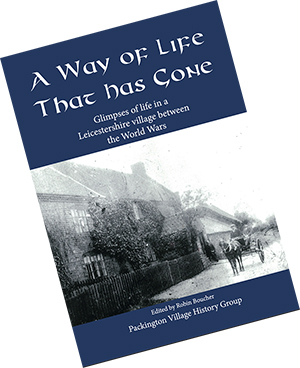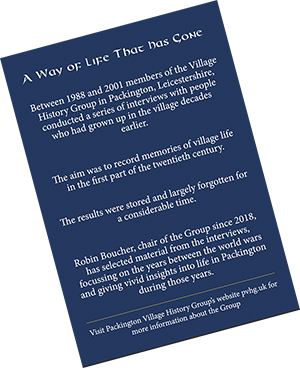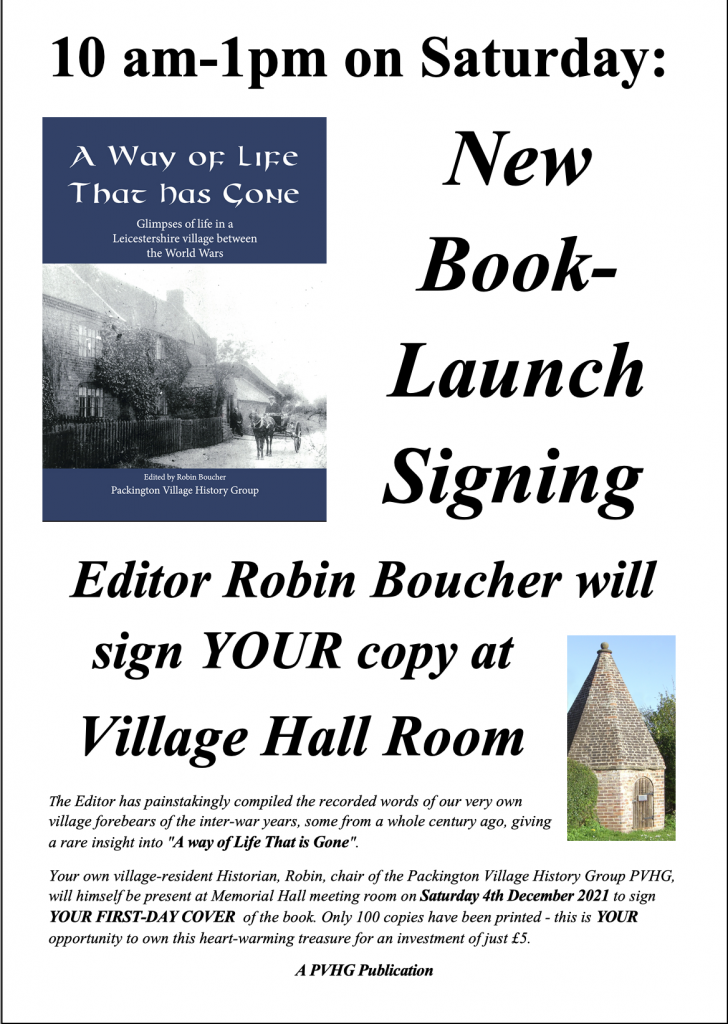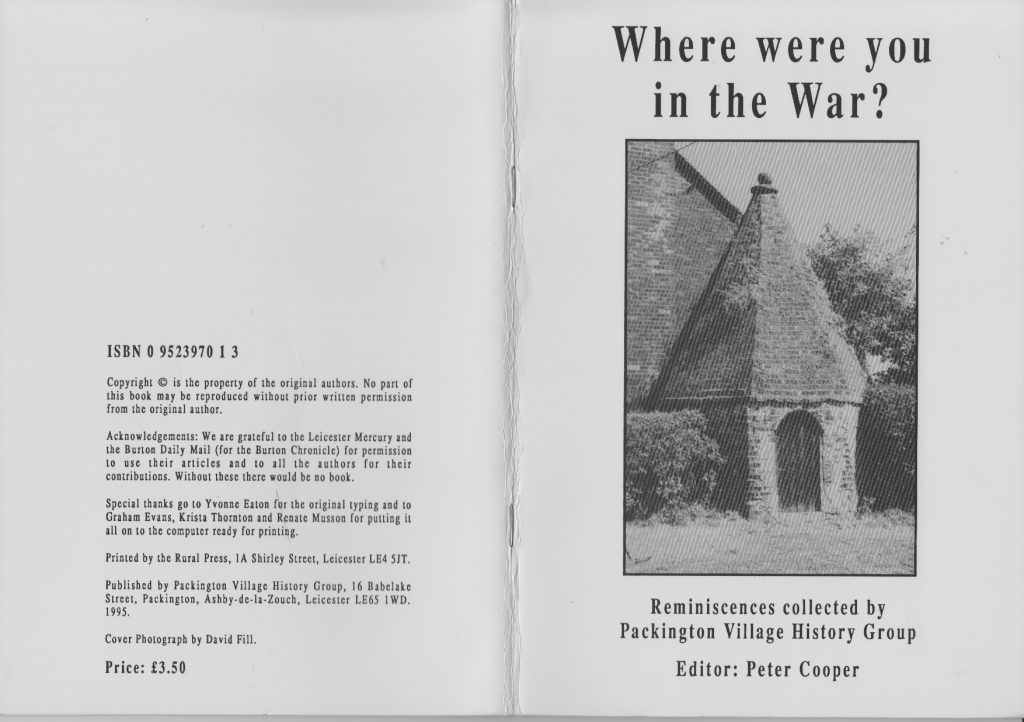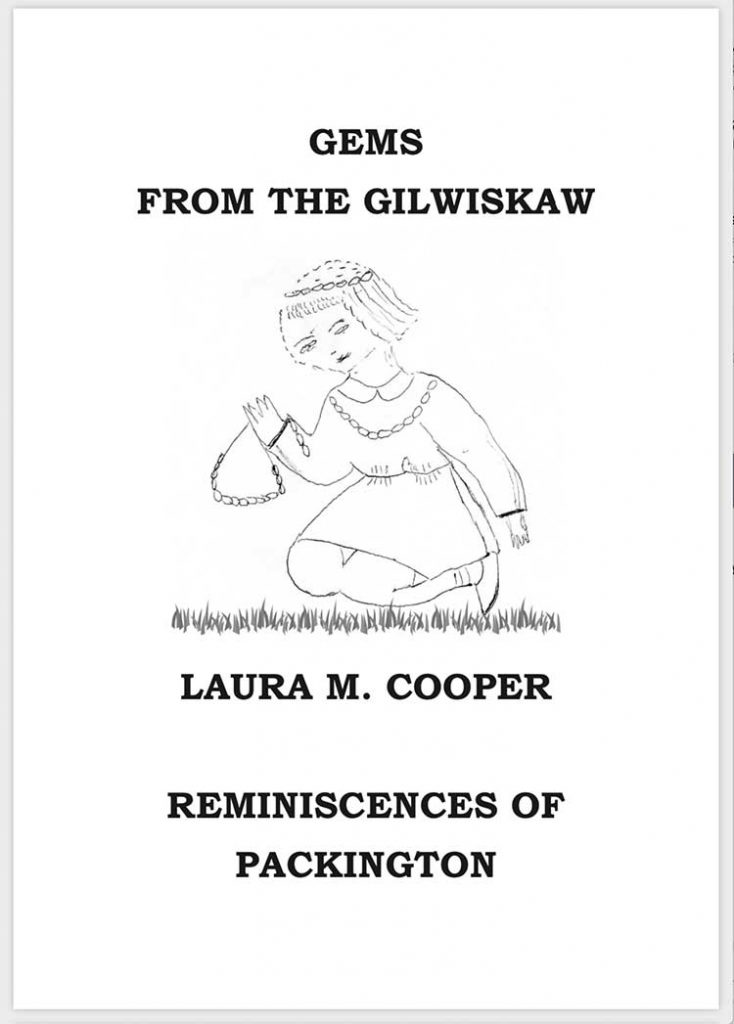Our Packington Village History Group PVHG has published a new book, about life more than a whole century ago, right here in our village.
The new book was launched on Saturday 30th November 2024, at the Memorial Hall meeting room, from 10 am to 1 pm.
PVHG chair and editor Robin Boucher personally signed first-day copies there. DO come and get YOURS!
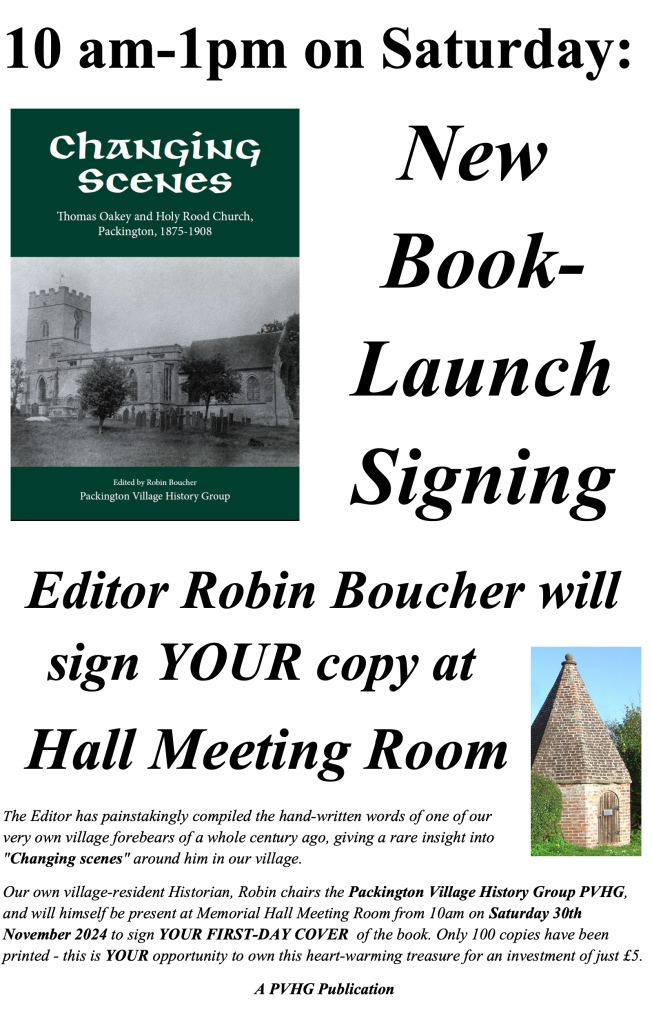
Synopsis
It is the year 1900. A young Packington man observes village life. He is “very fond of scribbling”. He writes in an endearingly fluent hand of significant changes around him during his twenty-five years of life so far.
Soon, in 1901, two more stark changes. Early in the year after 63 years on the throne, the great Queen and Empress will die. The whole country is bereft. Then, just prior to Christmas that year, a leading light of the village, the revered church vicar, will die suddenly. The whole community is bereft.
Changing Scenes indeed. Thomas OAKEY writes again about his changed village and church life.
After a few more years, a third essay relates yet more changes under way.
Latent till now in the archive of Packington Village History Group PVHG, his three handwritten manuscripts are reproduced here for YOU.
Thomas gives us a unique insight into village life. As he describes ordinary village folk reacting to change, we gain an endearing glimpse into our village and our country at the dawn of the twentieth century.
“Changing Scenes” indeed !
The book was launched on Saturday, 30th November, and editor Robin Boucher, chair of PVHG, was at the launch to sign YOUR first-day cover of the book.
Only 100 copies have been printed – this is YOUR opportunity to own this heart-warming treasure for an investment of just £5.
